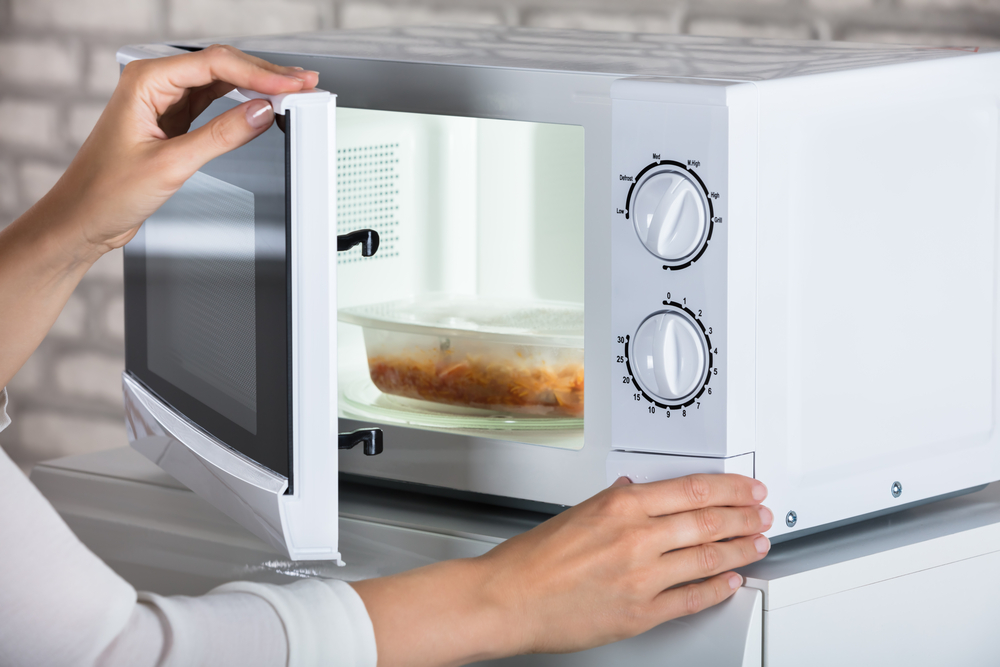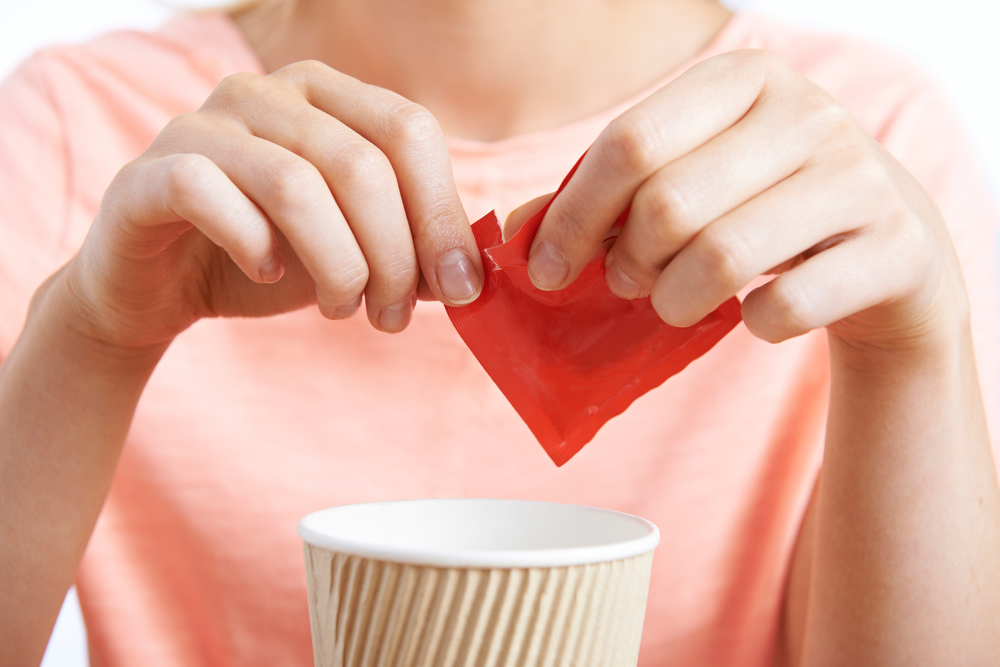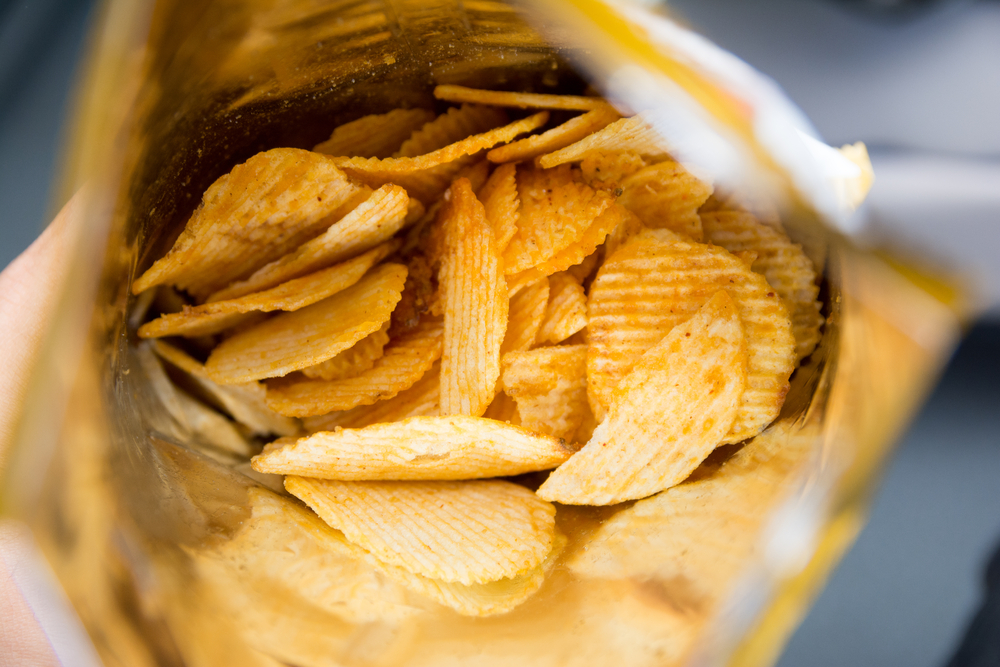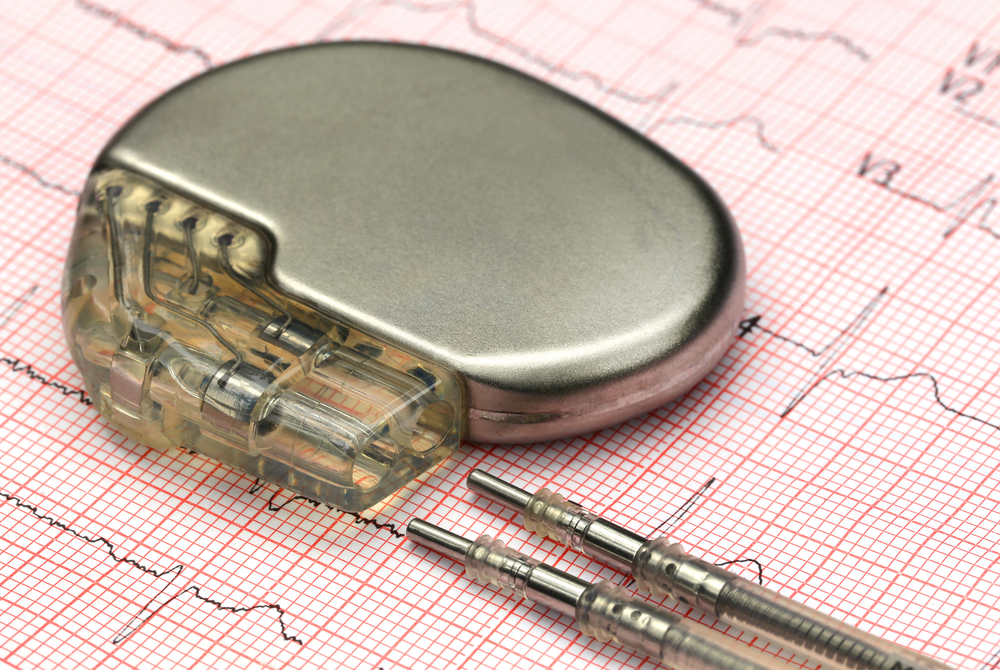Mistakes are nothing to be ashamed of. Sometimes, what seems to be an error ends up changing the world or creating something new that we just can’t live without. Who knows? That glass of water you spilled might just lead to the next great accidental invention. Here are eight accidental inventions that have without a doubt changed our lives.
MICROWAVE OVEN
One day in 1945, an employee of the Raytheon Corporation named Percy Spencer was experimenting with a magnetron vacuum tube. When he noticed the candy bar in his pocket starting to melt, he tested some popcorn with the device. When it began to pop, he knew he found something huge. Raytheon began selling the Radarange in 1947, and it flopped commercially. A cheaper, smaller version came out in 1967 to much better reception and now over 95% of homes in the United States have a microwave.
ARTIFICIAL SWEETENERS
While you should always wash your hands before eating, there are cases where a bathroom break would change the course of history. For example, if chemist Constantin Fahlberg had washed his hands before dinner in 1879, he would’ve cleaned all the coal tar off his skin. Then he would’ve never tasted how sweet his food was due to the saccharin from the tar. (This is the exception, though- please practice good health and grooming habits.)
POTATO CHIPS
George Crum was the Gordon Ramsay of his day, easily angered but resourceful. When a customer complained that their French fries were too thick and soggy, Crum angrily sliced potatoes as thin as he could, fried them, and served with salt. The customer loved them. That day in 1853, the world’s favorite snack food, the potato chip, was born…entirely out of rage and spite.
IMPLANTABLE PACEMAKER
The idea of a pacemaker wasn’t new before 1956, but few could think of a practical way to insert one into the human body. Wilson Greatbatch, an assistant professor of electrical engineering at the University of Buffalo, wasn’t looking to create an artificial heartbeat. He just needed a resistor to build a heart rhythm recorder. The resistor was the wrong size, and when installed, made the circuit produce intermittent electrical pulses. It reminded him of a heartbeat and he began experimenting further and eventually the implantable pacemaker evolved.
POPSICLES
Eleven-year-old Frank Epperson wanted to try some soda pop, the latest beverage craze, in 1905. Instead of spending his money, though, he’d experiment and make his own at home. He mixed powder and water and nearly hit the jackpot- until he left the concoction on the porch overnight. The mixture froze overnight, stirring stick stuck inside… the perfect handle for the new frozen confection he just created.

RADIOACTIVITY
Chalk this one up to both Mother Nature and Henri Becquerel. The chemist was trying to make fluorescent materials produce X-rays through sunlight in 1896. Unfortunately, it was a week of clouds and overcast, forcing him to leave the supplies in his drawer. When the sun finally came out, he opened the drawer to find the uranium rock he was using imprinted in a nearby photographic plate- all without any exposure to light.
SLINKY
Navy engineer Richard James wanted to use springs to keep sensitive instruments steady during World War II. When he dropped one of the springs, it righted itself and landed upright…much to James’ amusement. It caught on among other members of the Navy and children alike, thus creating what might be the simplest toy in existence.
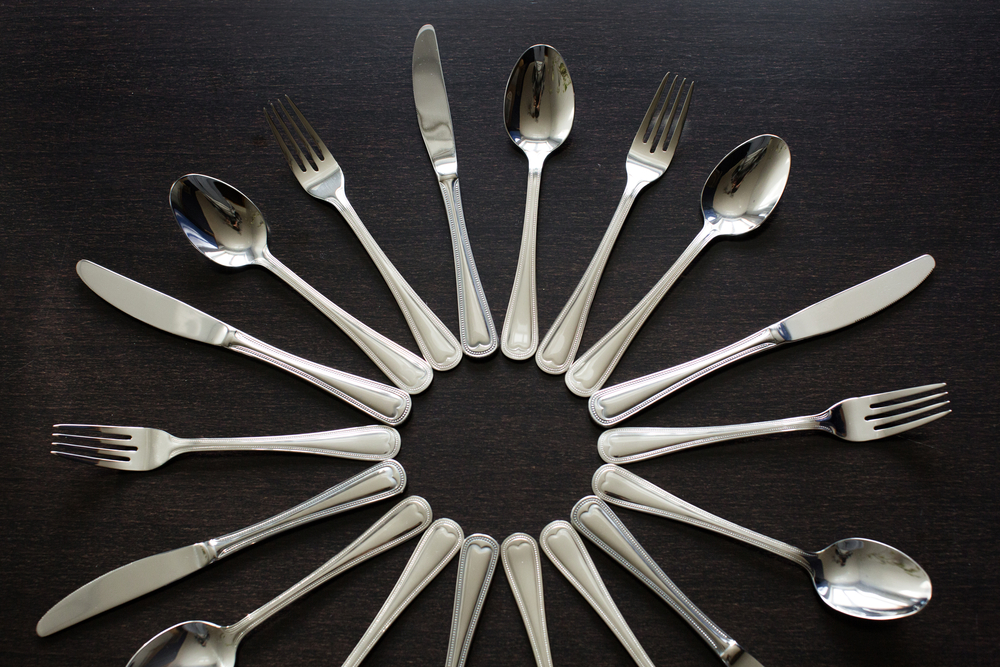
STAINLESS STEEL
Metallurgist Harry Bearly was hired by a 20th-century arms manufacturer to create a gun barrel that was rust-resistant. He did so but conducted a few experiments on his own on the side. When the metal held up against corrosives like lemon juice, he saw the potential for food-grade silverware, and the elimination of nightly washing, polishing and putting away of the silverware was currently used. Stainless steel appliances, however, were still a bit beyond his imagination.

